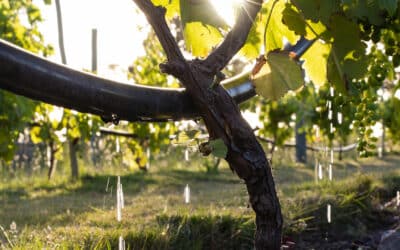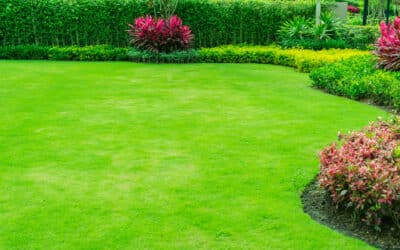Fungi in my mulch – the good, the bad and the ugly!
Mushrooms and other fungi appearing in your mulch or compost can sometimes be a surprise it isn’t all bad news though.
The Good
In autumn when the weather is cool, wet and humid gardeners in South Australia often have fungi growing in their compost and mulch. Fungi and mushrooms are a normal part of the composting process for organic matter and fungi helps to break down the dead organic matter providing nutrients for plants and creating soil.
Fungi has amazing benefits for gardens. One type of fungi called Mycorrhizae have an important symbiotic relationship with plants and increase the effective root area of plants by a factor of 10 to 1000! This means that the plants have much better access to nutrients. In some cases, plants cannot even grow without the mycorrhizal fungi being present.
The Bad
In South Australia we often see mushrooms and fungi in Autumn which is also mushroom picking season. Don’t eat the mushrooms that grow in your compost or mulch though as they may be poisonous.
Fungal spores can also be dangerous for people with respiratory issues so if you are doing anything with fungi make sure that you wear protective gloves and dust masks to minimise exposure.
The Ugly
Some fungi and mushrooms are unsightly, and you may want to get rid of them. Try raking the mulch or compost layer to aerate it and dry it out. Other ways to hide the mushrooms are to put another layer of mulch on top of them or hand remove them.
It is almost impossible to get rid of fungi completely as their spores are part of our natural environment and they will re-establish colonies next time the right conditions return.
You can learn more about fungi and the role it plays in building soil on this ABC Gardening Australia fact sheet. https://www.abc.net.au/gardening/factsheets/an-underground-network/9436678





